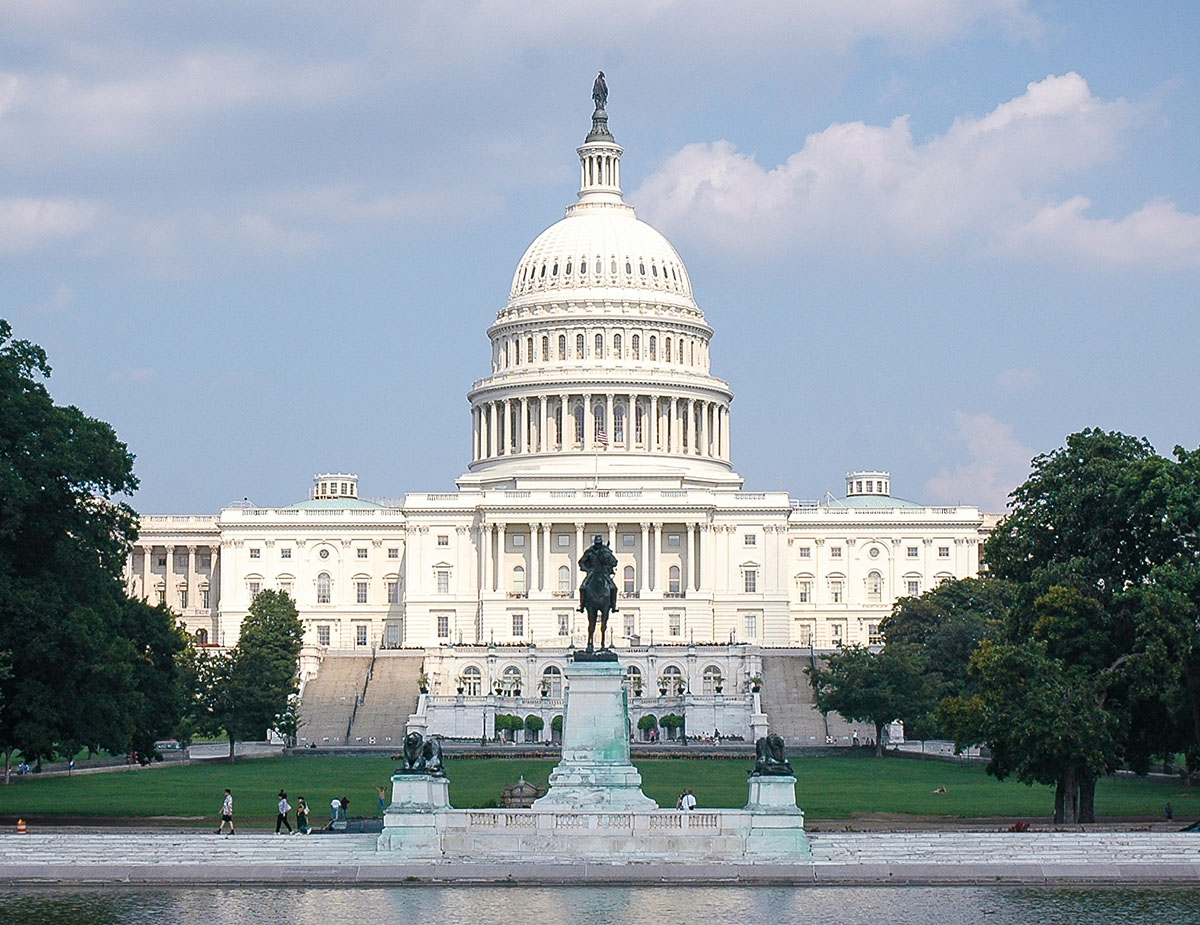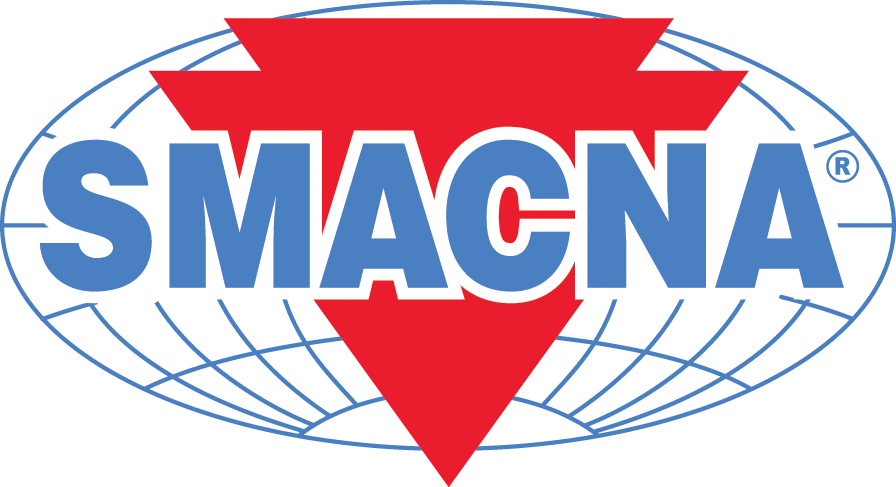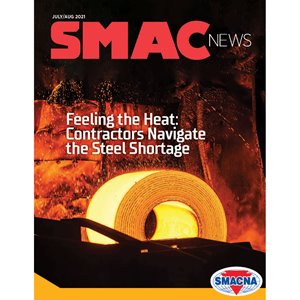Capitol Hill Update: Main St. Efficiency Act | Davis-Bacon | COVID Reimbursement | School Retrofits
SMACNA joined leading business and efficiency groups in supporting small business efficiency upgrade incentives that will be simplified with the Main Street Efficiency Act of 2021.
 SMACNA Endorses Main Street Efficiency Act to Jumpstart Small Business Energy Efficiency
SMACNA Endorses Main Street Efficiency Act to Jumpstart Small Business Energy Efficiency
SMACNA joined leading business and efficiency groups in supporting small business efficiency upgrade incentives that will be simplified with the Main Street Efficiency Act of 2021, sponsored by Congressman Peter Welch (D-VT) (H.R. 4903) and Senator Catherine Cortez Masto (D-NV) (S. 2665), with Sen. Jeanne Shaheen (D-NH) and Sen. Kirsten Gillibrand (D-NY) joining as cosponsors.
The Main Street Efficiency Act features the following:
- Small businesses can receive zero-cost equipment and energy efficiency upgrades, which will help them recover from the economic shutdown by lowering their utility bills immediately and well into the future.
- The ecosystem of DSM energy service firms, HVAC contractors, sheet metal workers, and other skilled and unskilled workers, representing a workforce of approximately 1.3 million across the nation, will grow and thrive.
- The health, safety, comfort, and productivity of occupants of small business commercial spaces will be improved.
- The program will help the overall economy to recover by lowering energy grid demand and increasing energy productivity.
- It will help states meet increasingly aggressive goals for energy demand and carbon emissions reductions.
The legislation will receive close attention and activity when Congress returns in September with good odds it will be added to a developing energy efficiency incentive package gaining support on Capitol Hill.
SMACNA Effort Helps Add Davis-Bacon for $52 Billion Chip Plants Bill, S. 1260
SMACNA contractors and chapter executives stepped up to express loud and strong support of Michigan Senator Gary Peters’ amendment to add Davis-Bacon Act coverage to S. 1260, The Endless Frontier Act, bipartisan legislation that would fund science and technology efforts to make the U.S. more competitive with China and others. By including prevailing wage protections in S. 1260, on a bipartisan vote of 58-42, the Senate surprised most advocates and opponents of Davis-Bacon with the margin of victory. Eight GOP Senate votes supporting construction workforce training quality, public project safety and productivity provided a comfortable victory.
S. 1956, “Manufacturing Clean Energy and Energy Efficiency Act,” Boosts Industrial Efficiency
SMACNA also endorsed a major bipartisan industrial efficiency package recently introduced by Senators Joe Manchin (D-WV), Lindsay Graham (R-SC) and John Hickenlooper (D-CO) and it was referred to the Committee on Energy and Natural Resources. S. 1956 will help America’s manufacturers become far more energy efficient and productive by boosting energy retrofits, offering technical assistance to small and medium-sized manufacturers, facilitating development of a national manufacturing plan with the DOE, and by offering state leadership grants for efficient manufacturing.
SMACNA Endorses H.R. 1993, The Energy Efficiency Public Buildings Act
Recently SMACNA endorsed H.R. 1993, introduced by Rep. Nydia Velazquez (D-NY), and cosponsored by seven other representatives. Rep. Velazquez has worked with SMACNA’s New York City Chapter, which also endorsed this important legislation. The bill makes vitally important and significant investments for deep retrofits in highly valued public structures, making them far safer with the indoor air quality systems that pandemic-era buildings should require. H.R. 1993 would also help lower carbon emissions and energy waste while expanding registered apprenticeships and skilled construction jobs by providing $4 billion over four years to fund deep energy efficient retrofits in public buildings. Public libraries, hospitals, community-based non-profits and other state and local government buildings would be eligible to receive critical funds needed to save energy costs, transition toward renewable energy sources, and improve the safety and health of everyday building occupants.
COVID-Related Contractor Labor Reimbursement—Section 3610 Program
Part of the American Rescue Plan was an extension of an authority deemed vital to the government contracting base. Congress had earlier provided a short-term extension of Section 3610 authority to only March 31, 2021. Section 3610 has been viewed as essential for many contractors because it effectively saved the companies from either having to lay off highly skilled workers who couldn’t perform because of lack of facility access or go out of business trying to pay them.
SMACNA Endorses School Construction and IAQ Retrofit Bill
SMACNA has repeatedly reached out to Capitol Hill to express support for S. 96, “The Reopen and Rebuild America’s Schools Act,” sponsored by Senator Jack Reed (D-RI) and 27 cosponsors. S. 96 would invest more than $100 billion in needed school building grants and $30 billion in bond financing for public school repairs and energy efficient building retrofits. In the House, Rep. Bobby Scott, Chairman of the Education and Labor Committee (D-VA), has introduced an identical bill, H.R. 604, which has 155 cosponsors and is awaiting action by the House Education and Labor Committee and the House Ways and Means Committee.
Published: September 3, 2021
IN THIS ISSUE
ARCHITECTURAL: Architecture Billing Index, A Key Indicator of Construction Spending
The COVID-19 pandemic threw the brakes on the economy in 2020, shuttering businesses around the world and throwing millions of people out of work.
Capitol Hill Update: Main St. Efficiency Act | Davis-Bacon | COVID Reimbursement | School Retrofits
SMACNA joined leading business and efficiency groups in supporting small business efficiency upgrade incentives that will be simplified with the Main Street Efficiency Act of 2021.
Cooking Up Clarity
Bringing guidance to food processing industry projects was goal of new SMACNA guidelines.
From the President: Guiding Resources
First it was the supply chain, then lumber prices, then steel…and now the COVID-19 Delta Variant is set to add a lot of uncertainty into the third and fourth quarters of this year.
How Leaders Can Build Enduring Resilience
We’ve all heard the phrase, “It’s a marathon, not a sprint.”
HVAC and Sheet Metal Companies Navigate Steel Shortage
For nearly two years, the Covid-19 pandemic has triggered shortages of consumer goods in unexpected places. There were runs on cleaning products and toilet paper in the early days. Sporting goods stores have seen their selection of bicycles and
HVAC: Top Southeast Pediatric Healthcare System Taps Three SMACNA Members for New Campus
The Southeast’s top pediatric hospital system, Children’s Health of Atlanta (CHOA), will soon have a new hospital campus that provides advanced care for kids.
INDUSTRIAL: Industrial Safety: TAB Contractor Recognized
Beginning work at a nuclear power plant last year — the first new reactor construction in the United States since the Three Mile Island accident in 1979 — SMACNA contractor Research Air Flo expected heightened safety requirements.
RESIDENTIAL: Google Ads are a Great Way for Contractors to Gain New Business
For many contractors, Google Ads is a complex landscape, but with a couple of tips and tricks to simplify the process, Google Ads can be a very effective tool to gain new customers in new ways.
The 6 Most Common Mistakes Estimating Teams Make — and How to Overcome Them
The estimation process is critical to the success of any given project, but it’s also a leading indicator of the overall health of your construction business in the long term.
Upgrading Your Pre-Qualification Process to Today’s Market Demands
The purpose of a prequalification process is to evaluate whether a contractor is qualified to bid on a specific construction project.
Welcome New SMACNA Members


